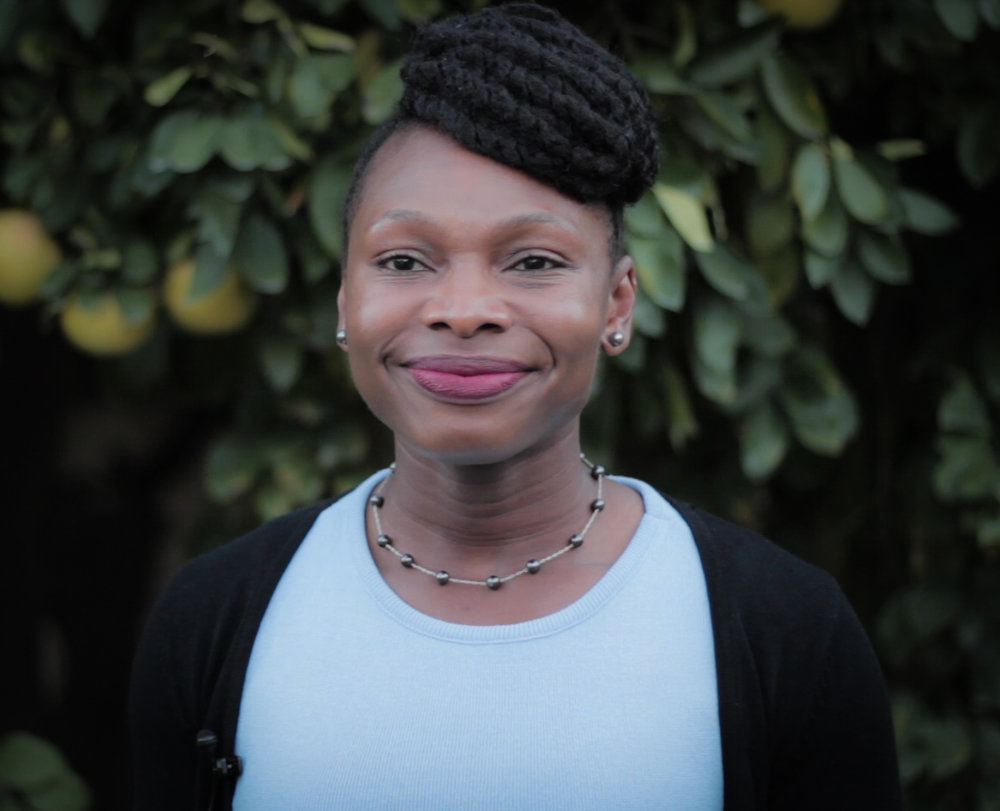Leader Questions and Answers
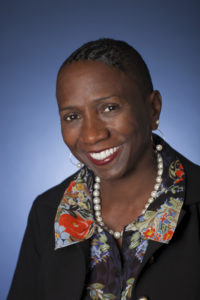
Q: What suggestions do you have to help land interviews and get hired?
Cie Armstead, DBA, Director Diversity & Inclusion, American College of Healthcare Executives
My foundational suggestion: Exhale and take intentional steps to encourage yourself throughout the process. Not only will this self-encouragement nurture your resiliency, but it will also position you to fully appreciate the “product” you’re putting on the market (that is, yourself). To best sell any product, you first must believe in it yourself.
Q: To be an authentic leader, do you think finding your true north helps in that journey?
Gina L. Calder, FACHE, Administrator, Yale New Haven Health System, VP, Bridgeport Hospital
Leadership is not for the faint of heart, so you need an internal source and motivation. This supports the authenticity work because we are all driven to be most effective, which I believe only happens when you are leading as your authentic self.
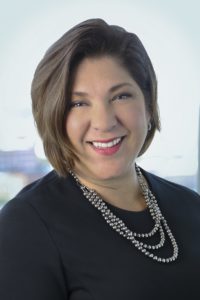
Q: What are some strategies for overcoming these challenges and finding successful life balance?
Sally A. Deitch,FACHE, Group Chief Executive Officer, Tenet Healthcare
Some simple strategies to create life balance is understanding the workflow within an organization. For example, knowing monthly deadlines, working in teams by using the skills of subordinates to complete tasks and clearly communicating your job requirements to your family.
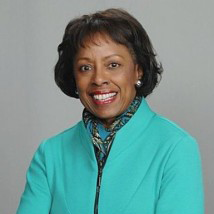
Q: “What was your greatest ah-ha moment(s) along your personal and professional path that led you to your current role?”
Diane Dixon, EdD, University of Maryland School of Public Health
The greatest ah-ha moment for me has been recognizing the importance of self-awareness and emotional competence and their impact on my life and work. Related to this ah-ha is the value of self-care and living a balanced life. This chapter of my life has been richer and more meaningful personally and professionally because of these insights.
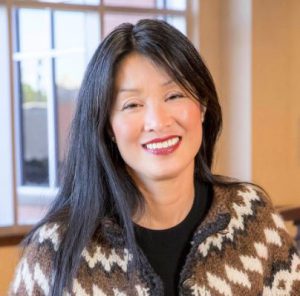
Q: What is the status of diversity in the healthcare C-suite?
Lily Henson, MD, FACHE, CEO, Piedmont Henry Hospital
We are slowly becoming more diverse in the healthcare C-suite, but we have a very long way to go. It takes more than one diverse executive to be able to comfortably speak up about challenges. Otherwise, you can be labeled as being a one-issue person, which limits your effectiveness.
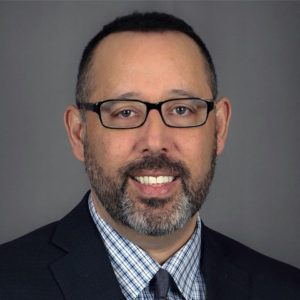
Q: Can any of you speak to an experience where you practiced courage with a calculated risk?
Frank Hurtarte, SVP of Human Resources Kaiser Permanente
During my career I have had to take calculated risk related to promotion opportunities. As I mentioned in the webinar “Follow Like a Leader: How to be an Indispensable Team Member in a Crisis Environment-and Beyond,” you need to be aware of the “glass cliff” in that taking a new role or assignment might not be healthy. For example, if there is an opportunity and it’s a significant turnaround typically leaders that take turn around assignments only last a couple of years as they need to make very difficult and unpopular decisions. So there is a need to determine your risk level. If you want the experience and know you will move on then that is fine but if your wanting to stay in a role long term you really need to think about the opportunity and risk.
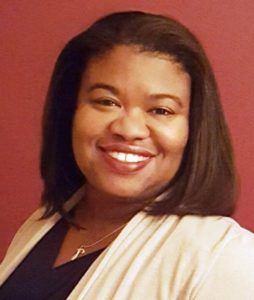
Q: What is perhaps your biggest obstacle you had to overcome? How did you overcome it? What lessons would you share?
Nicole J. Radford, FACHE, Director of Laboratory Services at Swedish American
I would have to say that the biggest obstacle that I’ve had in my career to date was when I inherited a team that had some SERIOUS problems. To address this issue, I worked very closely with my Human Resources team, my Vice President and other members of the Administration team, and our Risk Management team. I documented everything—every conversation, every interaction, every request. I also stood firm in what was acceptable behavior and what was not, following through on the addressing of the unacceptable behavior and performance. One of the most valuable lessons that I learned was in the power of always doing what’s right no matter how uncomfortable it may be.
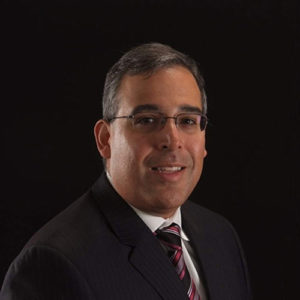
Q: What unique challenges might a diverse early- or mid-careerist face in advancing as a healthcare leader and planning their career?
Raul H. Zambrano, MD, FACHE, Senior Medical Director, Oakstreet Health
Finding or developing a mentorship/sponsorship relationship that does not try to fit a square peg into a round hole is one of the greatest challenges diversity careerists face as they progress in their careers. Having a mentor who understand the unique challenges faced by diversity candidates and can help them come into their own is a process that usually occurs serendipitously and less frequently than it should through careful cultivation and actively managing up.

